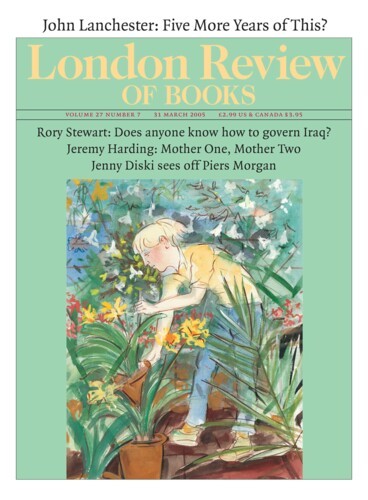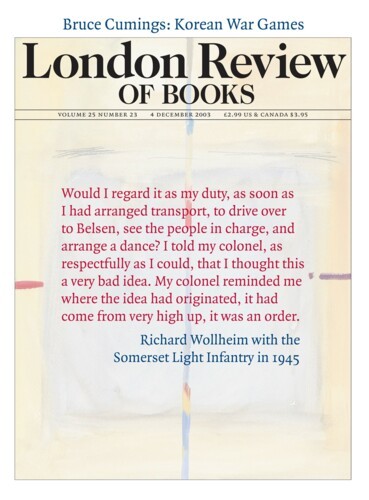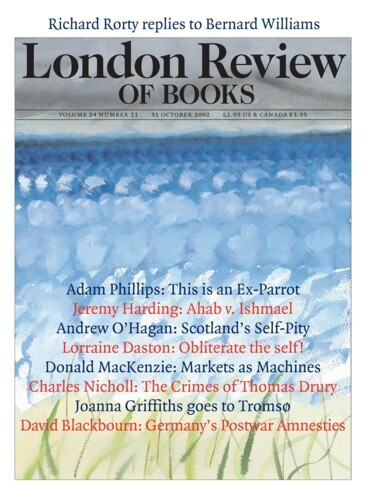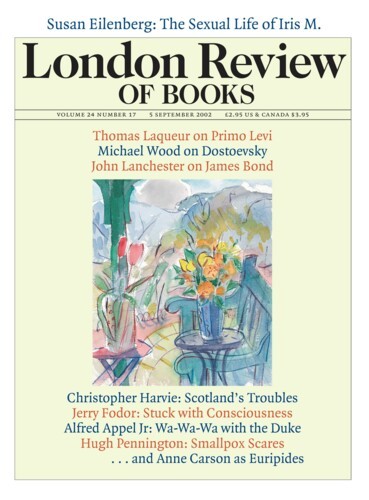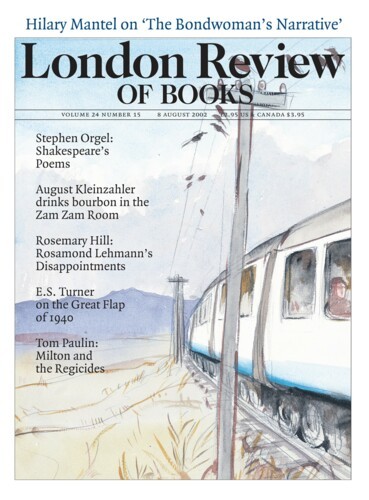Poem: ‘On Discovering at Dinner that Adam Zagajewski and I Share a Birthday’
Anne Carson, 31 March 2005
‘… metals talking among themselves, metals that first meet above the earth …’Adam Zagajewski, Another Beauty
I thought about it walking home.
One of those relentlessly clear midwest midnights frozen all the way up to a halfmoon loose in her steam in blueblack vastness. Silent silent. A gnostic night.No blackbirds.Share a birthday! –
were we
negatives lying side by...
